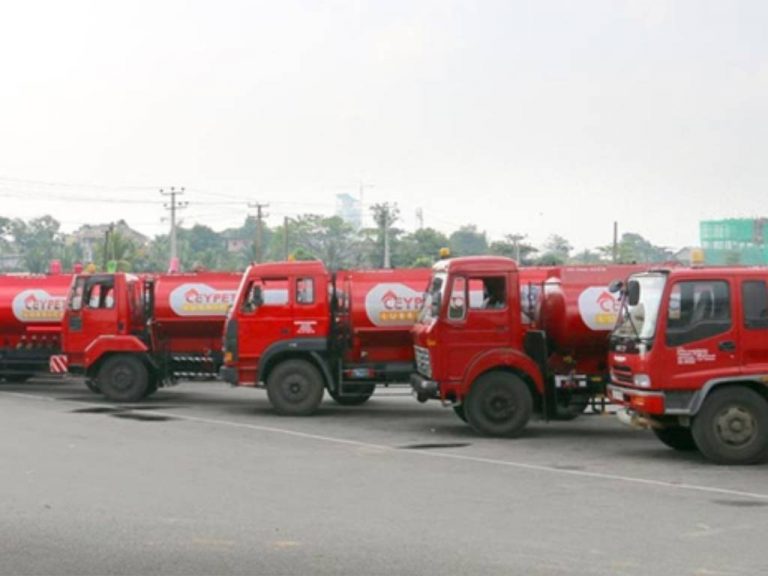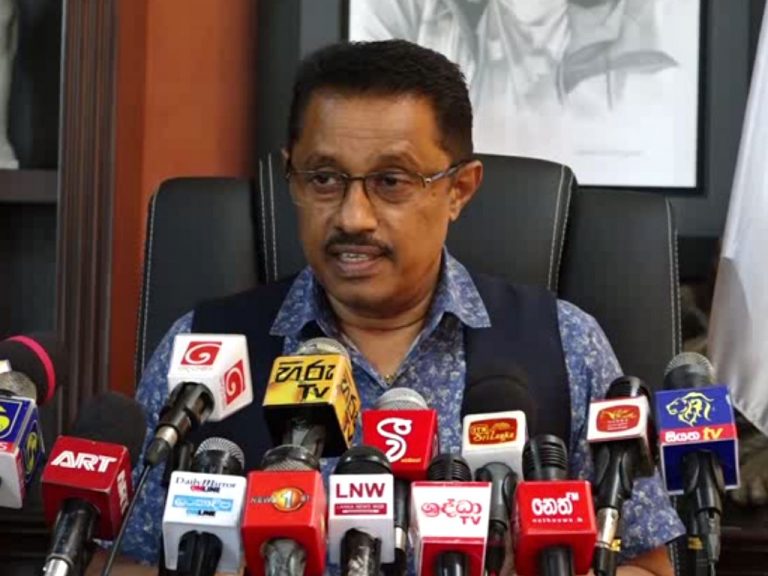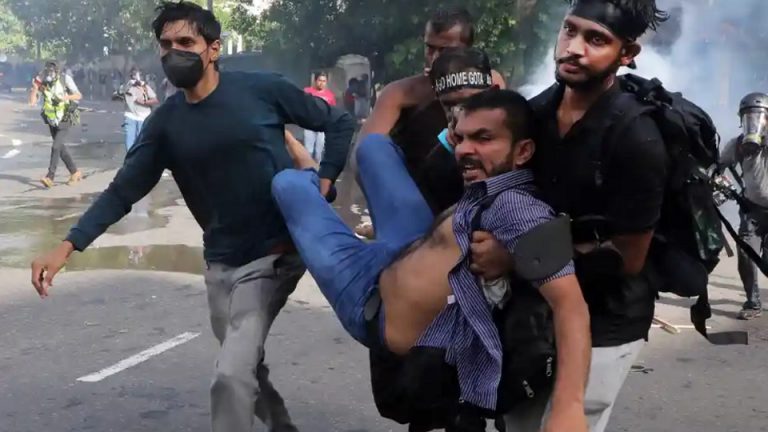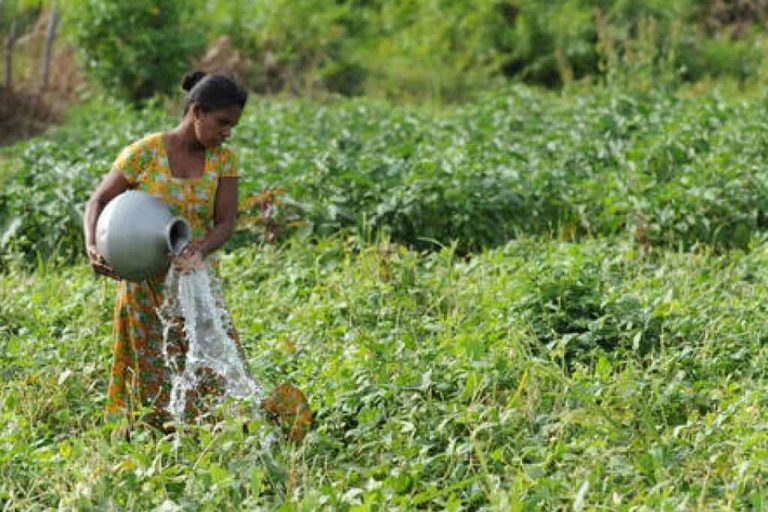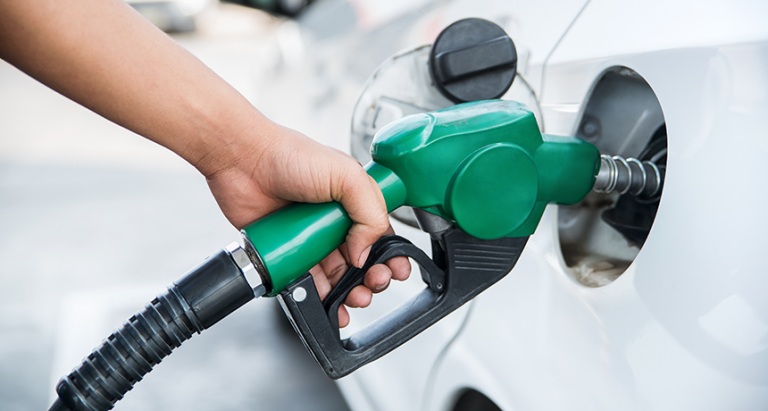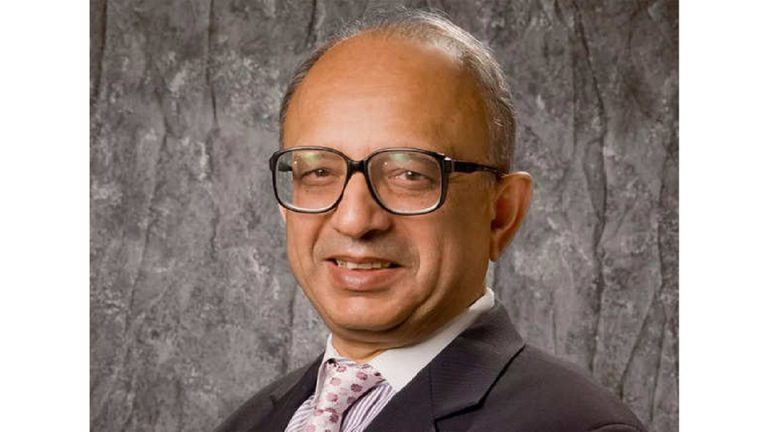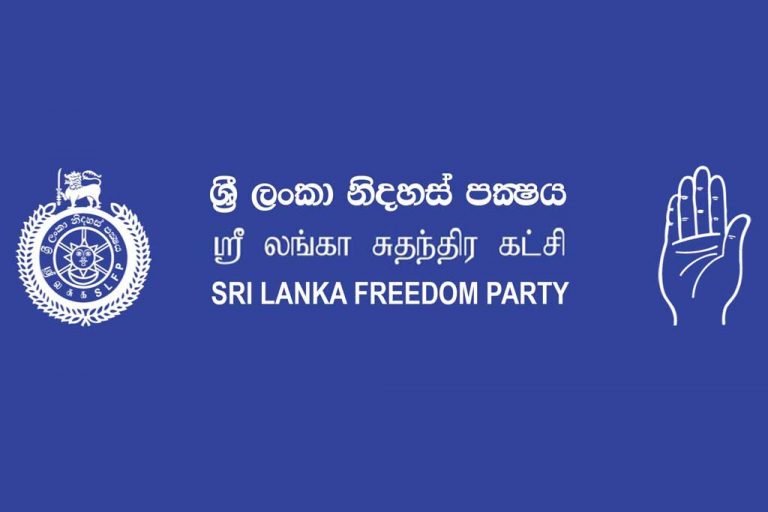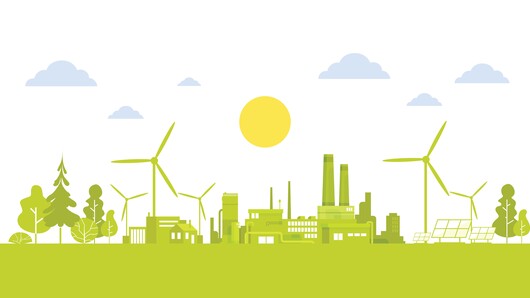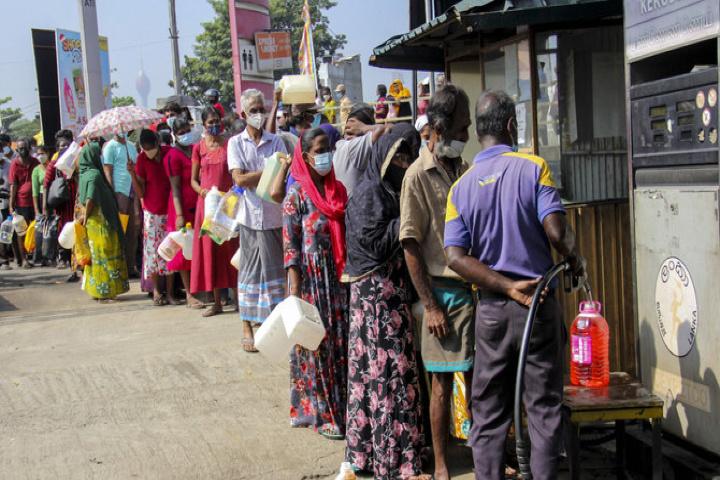Sri Lanka is facing a severe food shortage as authorities are yet to find solutions to the food shortage citing the dollar crisis as the reason behind not being able to find a solution to the issue.
Very soon there will be no food items in the market for people to buy. Even now there are some essential food items which are not found in the market because of the lack of dollars which is needed to release the imported food stocks stored in vessels stuck at the port. People are forced to live amidst these problems, local market sources revealed.
A meal of fish and rice has become a luxury for the average Sri Lankan family eager to maintain a diet rich in animal protein.
Diesel for fishing vessels is now more costlier and so is fishing gear, largely imported. These rising costs for the fishing industry mean, the catch brought ashore is limited and prices keep rising at the wet markets and in supermarkets.
“We are waiting for the new government to look into our plight. The fuel price increase and the shortage of diesel are frustrating. Many are not going out to sea,” complains Dinesh Suranjan Fernando, the secretary of the All Ceylon Fisher Folk Trade Union.
We spend days waiting for diesel and then leave disappointed. Some pay a higher price to get diesel. So the catch needs to bring in more value. Even the cheapest saalaya (sardine) is sold for Rs. 90 a kilo is now Rs. 300.’’The rise in prices of fishing equipment adds to the landed cost of fish.
“Fishing nets that were Rs. 65,000 earlier now cost Rs. 120,000. Outboard engines that were sold for Rs. 250,000 each are now Rs.500,000. Most of the equipment is imported from Thailand, India and Taiwan,’’ a fisherman said.
According to Department of Fisheries statistics the annual marine fish production is 415,490 metric tons. The country has a marine fleet of 48,976 including 4,885 multi-day trawlers. With 64,000 marine fishing households, 2.7 million people depend on fishing and related livelihood in the country.
The price of deep sea fish such as snapper, tuna, seer fish (thora), paraw, thalapath (sailfish) continue to soar. A kilo costs Rs.1,700 to Rs 2,200 in the wet market. In supermarkets, the price range is Rs. 2,300 to Rs 3,000 per kilo.
Some families say they buy the costlier fish for special occasions, while resorting to Indian mackerel, linna or saalaya for a daily meal.
There is a scarcity of certain essential food items already such as garlic, onions, mung beans, cowpea, chickpeas, dhal, coconut oil, milk powder, dried fish, fish, meat varieties, corn, wheat flour and rice. E
Even if they are imported, given the prevailing dollar crisis, their prices keep increasing daily. A kilo of mung beans is 1000 rupees whereas rice costs more than 200 rupees a kilo. Coconut oil costs around 800-1000 rupees and a kilo of dhal has increased to 600 rupees.
A kilo of imported milk powder costs around 2000 rupees. With the recent price hike of wheat flour, a loaf of bread costs 150 rupees. The problem however is the lack of essential food items despite price hikes.
Traders and importers increase prices of food items daily claiming that the rupee has depreciated against the dollar. The Consumer Affairs Authority (CAA) and the responsible state authorities turn a blind eye to these matters.
There is a scarcity of food items in shops around the country. People are queuing up in search of food. The concession package of essential food items given for the new year through Sathosa did not contain the food items people needed. Against this backdrop a severe scarcity of essential food items IS now prevailing heavily.

